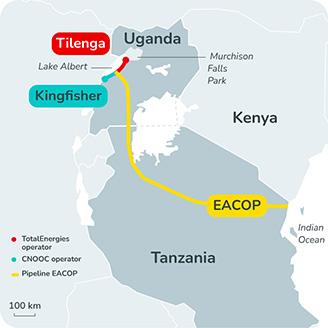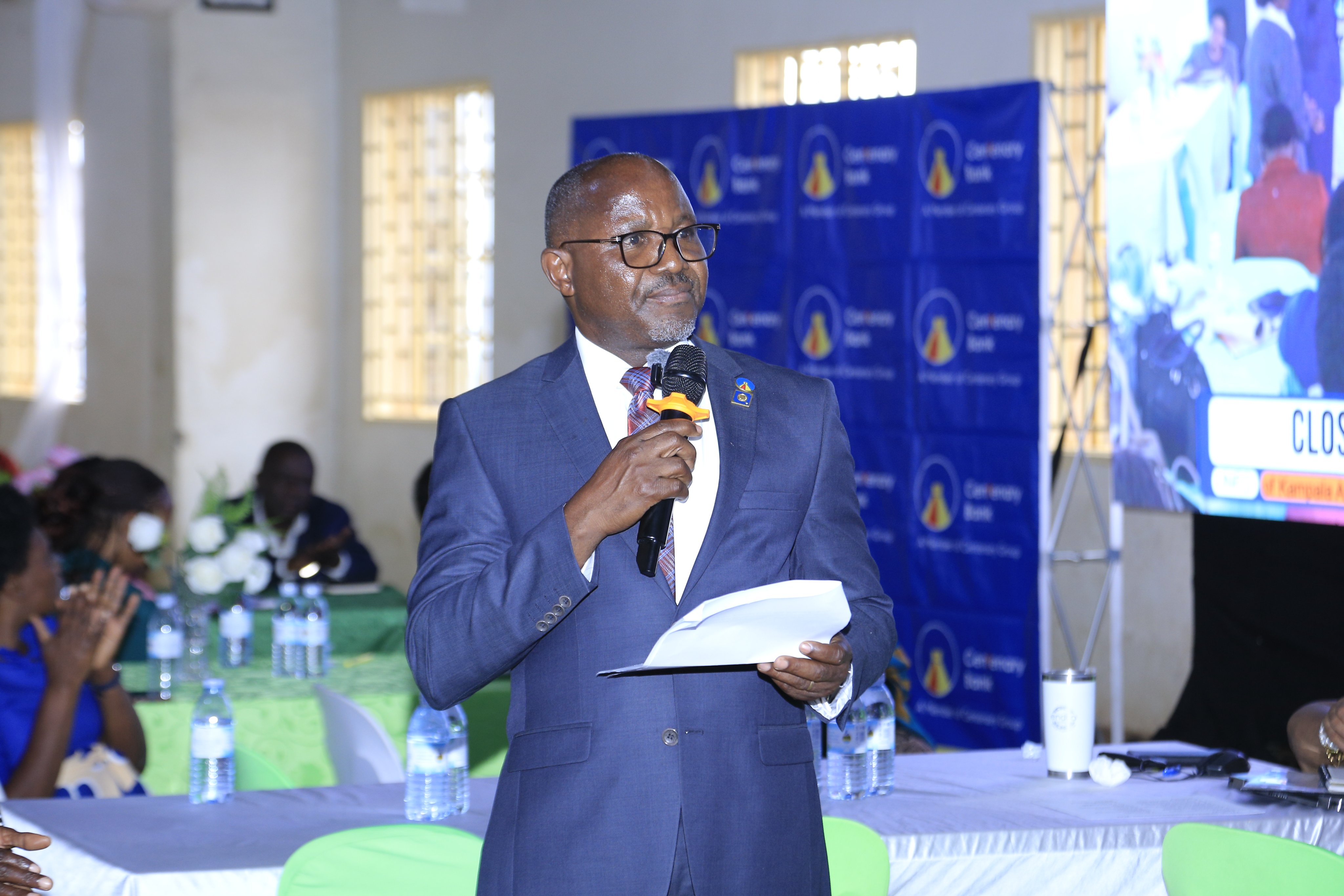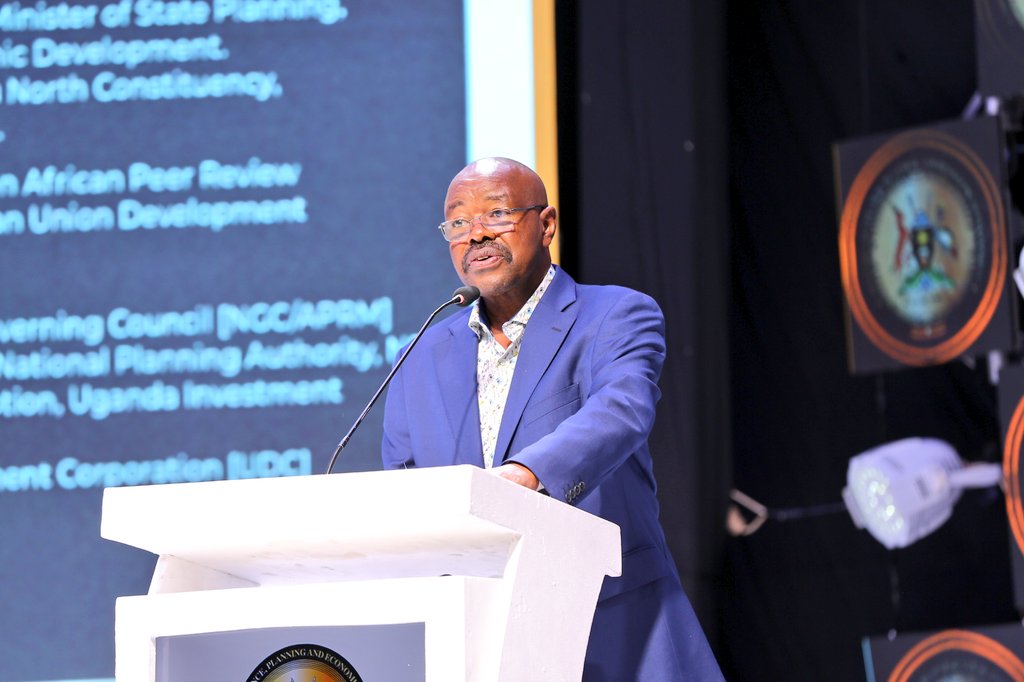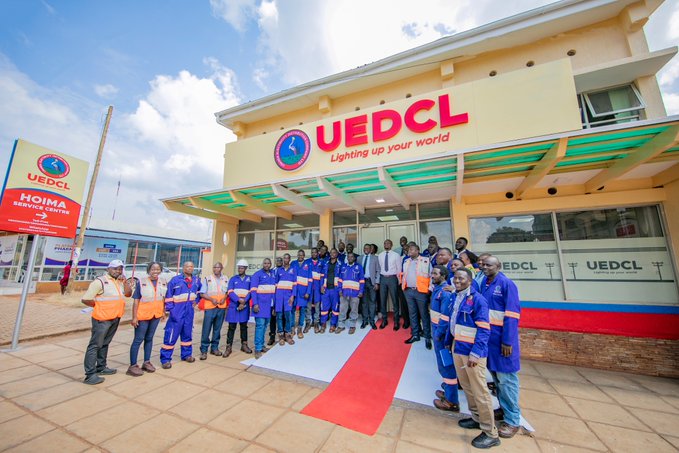The letter that terrified a pipeline
If eleven young activists can rattle a prison with Psalms, imagine what forty-three million citizens can do armed with science, smartphones, and a blueprint for greener prosperity. Let us rewrite EACOP—before the first barrel flows—so that Uganda exports energy and integrity, and so that our hashtags remain inked in hope rather than in leaked bitumen. Dr Dennis Daniel Ssemugenyi

By Dr Dennis Daniel Ssemugenyi
At exactly 11:47 a.m. on 23 April 2025, eleven young Ugandans—law students, engineers, a nursing intern—walked into Kenya Commercial Bank’s marble-cold lobby with nothing but a two-page letter and hearts loud with courage. Thirty minutes later they were pinned to the floor, wrists zip-tied, and frog-marched into a police truck whose engine, ironically, ran on the very fossil future they were warning against.
The Crime That Wasn’t
Their “weapon” was a polite plea: Dear KCB, do not bankroll the East African Crude Oil Pipeline—our wetlands bleed enough. For that, they have now spent over seventy days in Luzira Maximum-Security Prison, denied bail three times, their hearing adjourned five, while judges cite symposiums and “missing complainants.” Under Ugandan law, any remand beyond 70 days without trial triggers mandatory bail—yet the state keeps the cell doors bolted as recently reported by the Centre for Citizens Conserving Environment & Management (CECIC) and the Daily Monitor.
Luzira’s Arithmetic of Suffering
A cement block built for 600 now hosting 3 000; water taps cough more dust than droplets; tuberculosis prowls the corridors like a bored hyena. During a routine head-count, activist Nansero Phionah was unaccounted for. Prison authorities offered no explanation—a blatant breach of their statutory duty of care. The ten remaining detainees, still held without lawful cause, spent the night reciting Psalms that reverberated through the cellblock’s concrete corridors.
Why the State Trembles
They are not just “protesters”; they are the statistical nightmare of every autocrat: literate, networked, fearless. Their hashtag—#KCB11—has already clocked 8.3 million impressions, boosted by Beyoncé’s climate-justice repost and a 14-second TikTok where Nicholas Omonuk flips a jerry-can into the word Hope.
The Law’s Broken Compass
Article 23 of our Constitution promises liberty; Section 15 of the Bail Act prescribes release after 60 days for misdemeanours. The Nakawa Chief Magistrate’s Court has instead orchestrated a symphony of postponements—proof that a gavel, if mis-swung, is merely a rubber stamp.
The Nation’s Litmus Test
This case has become the mirror in which Uganda stares at herself. Do we see a republic courageous enough to debate a pipeline—or a regime so brittle that a letter is treated like dynamite? If eleven pens frighten 43 million people into silence, then the real pipeline leaking is the one that should carry truth from Parliament to village square.
Call to Conscience
I challenge every Ugandan with a smartphone and a heartbeat:
Flood the timeline—post a 15-second video spelling “KCB11” with whatever you hold dear: coffee beans, millet grains, rosary beads.

Tag three influencers and one MP; ask a single question: Will you speak before the handcuffs reach you?
Demand the rule of law—share the section, share the shame, share until the courtroom ceiling cracks from the sound.
East African Crude Oil Pipeline (EACOP) critics warn that a 1,443 km heated pipeline snaking through Uganda’s wetlands and Tanzania’s mangroves could trigger habitat loss, oil-spill contamination of Lake Victoria catchments, and a lifetime carbon footprint of ~34 Mt CO₂e. Yet the project’s Host Government Agreements contain only broad obligations to develop a “Biodiversity Management Plan” and leave monitoring almost entirely to the operator—creating loopholes that, if unaddressed, invite litigation, insurance penalties, and the far costlier clean-up of a major spill.
A smarter template already exists. The Trans-Alaska Pipeline was redesigned after public pressure to include elevated “caribou crossings,” gravel ramps, and buried segments that cut wildlife mortality by 80 % and kept crude moving even during spring migrations. (Alaska Department of Fish & Game) In Central Africa, the Chad–Cameroon Pipeline set up a compulsory Environmental Management Plan with ring-fenced compensation funds for affected farmers; independent auditors forced the operator to reroute around critical forests and finance community water projects (World Bank).
Closer to home, Kenya’s Lake Turkana Wind Power complex shows how large energy infrastructure can pair strict avian-collision monitoring with a €15 million community-benefit fund, winning both investor confidence and local acceptance. (Lake Turkana Wind Power)
EACOP can borrow these precedents: elevate pipe segments across elephant corridors in Taala Forest, mandate double-walled sections within Ramsar wetlands, publish spill-response drills, and ring-fence a 1 % throughput levy for ecological offsets. Every Birthday Tree Day Initiative (EBTDI) slots neatly into that levy: earmark UGX 15 billion per year for community-led tree planting equal to citizens’ ages—visible, auditable, and aligned with TotalEnergies’ net-zero pledges.
Because injustice richer than oil meets a generation richer in bandwidth, silence is no longer an option. Contract clauses, like pipes, must carry more than crude; they must carry trust. If eleven young activists can rattle a prison with Psalms, imagine what forty-three million citizens can do armed with science, smartphones, and a blueprint for greener prosperity. Let us rewrite EACOP—before the first barrel flows—so that Uganda exports energy and integrity, and so that our hashtags remain inked in hope rather than in leaked bitumen.
Dr Dennis Daniel Ssemugenyi (Environmentalist, Author, Pioneer EBTDI ~ Every Birthday Tree Day Initiative ~ www.ebtdi.org)







